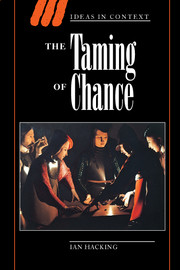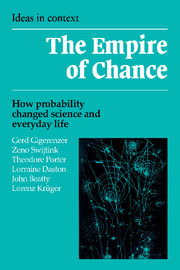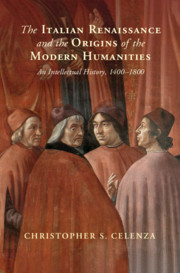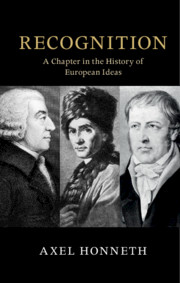Experimental Philosophy and the Origins of Empiricism
The emergence of experimental philosophy was one of the most significant developments in the early modern period. However, it is often overlooked in modern scholarship, despite being associated with leading figures such as Francis Bacon, Robert Boyle, Isaac Newton, Jean Le Rond d'Alembert, David Hume and Christian Wolff. Ranging from the early Royal Society of London in the seventeenth century to the uptake of experimental philosophy in Paris and Berlin in the eighteenth, this book provides new terms of reference for understanding early modern philosophy and science, and its eventual eclipse in the shadow of post-Kantian notions of empiricism and rationalism. Experimental Philosophy and the Origins of Empiricism is an integrated history of early modern experimental philosophy which challenges the rationalism and empiricism historiography that has dominated Anglophone history of philosophy for more than a century.
- Provides the first integrated history of early modern experimental philosophy
- Explains when the rationalism/empiricism distinction emerged and how it impacted early modern experimental philosophy
- Integrates philosophy of science, history of science, and history of philosophy
Reviews & endorsements
'The book is a must-read for both supporters and critics of [experimental and speculative philosophy]. It is also essential reading for students of early modernity researching the intricate relationship between philosophy and the sciences.' Laura Georgescu, Metascience
Product details
February 2023Hardback
9781316516461
350 pages
235 × 154 × 24 mm
0.73kg
Available
Table of Contents
- Acknowledgements
- Tables and Figures
- Abbreviations
- Note on Citations
- Introduction
- 1. The Rise of Experimental Philosophy
- 2. The Heyday of Experimental Philosophy
- 3. From Experimental Philosophy to Empiricism
- Conclusion
- List of Manuscripts
- Bibliography
- Index.









